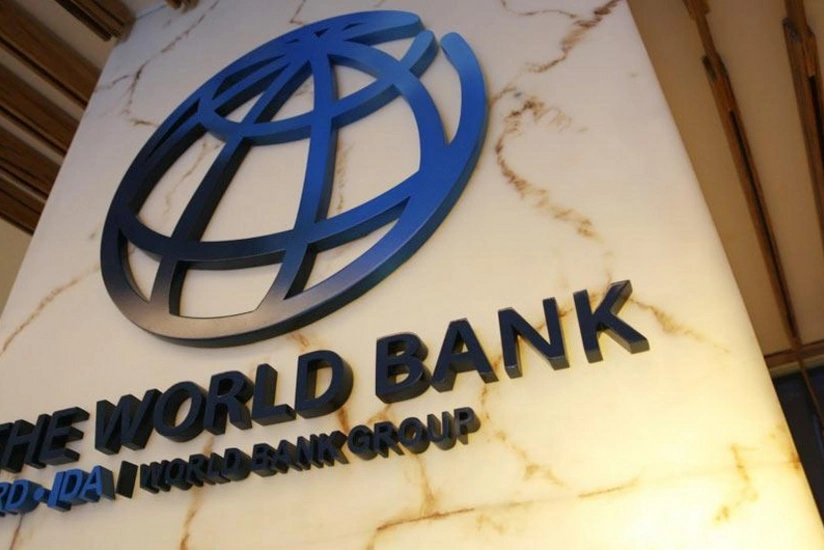WB: Trade via Middle Corridor to grow by 150% by 2040
- 22 September, 2025
- 15:36

The World Bank (WB) will actively support projects along the Middle Corridor, including infrastructure modernization, regulatory reforms, and the promotion of digital trade, in order to foster economic growth and regional resilience, Rolande Pryce, the WB Regional Director for the South Caucasus, said during the first Azerbaijan International Investment Forum (AIIF 2025).
According to her, regional initiatives such as the Middle Corridor (Trans-Caspian International Transport Route) and the Black Sea submarine cable are transforming Eurasian connectivity.
"First, they strengthen sustainable links between regions, connecting domestic economies with global markets. Second, they enhance energy and digital integration, consolidating the strategic role of the South Caucasus and Central Asia in a multipolar world. The Middle Corridor is rapidly becoming a key multimodal trade artery, connecting East Asia with Europe through Central Asia, the Caspian Sea, and the South Caucasus," Pryce said.
The Regional Director stressed that the corridor offers a politically neutral and sustainable alternative to traditional routes such as the Suez Canal and the Northern Railway, which are increasingly vulnerable to geopolitical shocks.
"Beyond ensuring resilience, the Middle Corridor is of vital importance for the economies of Central Asia and the South Caucasus. For Central Asia, it represents a crucial path to global markets. For Türkiye and the South Caucasus, it allows them to leverage their strategic geographic location. According to expert estimates, trade in the economies of the Middle Corridor will grow by 150% in value and 60% in volume between 2023 and 2040. Freight volumes could triple by 2040, but bottlenecks in the rail and port sectors remain significant obstacles requiring attention," she added.
In 2024, freight volumes along the Middle Corridor (Trans-Caspian International Transport Route, TITR) increased by 62% to reach 4.5 million tons. In 2025, further growth is expected, up to 5.2 million tons, of which 4.2 million tons will pass through the routes of participating countries. This includes 2.5 million tons of dry cargo (approximately 96,000 TEU) and 1.7 million tons of oil.
By 2027, the corridor"s capacity may increase to 10 million tons per year, providing a solid foundation for enhancing Azerbaijan"s transit potential and attracting additional investment in infrastructure development.
